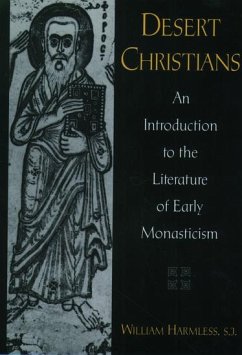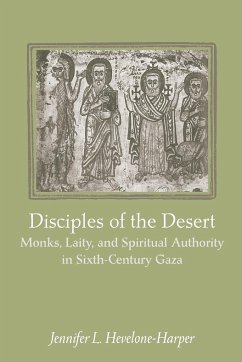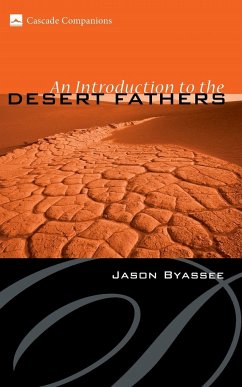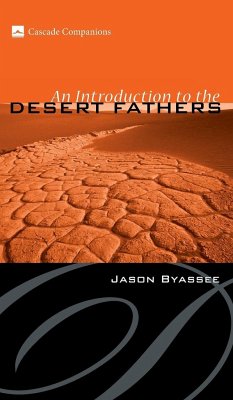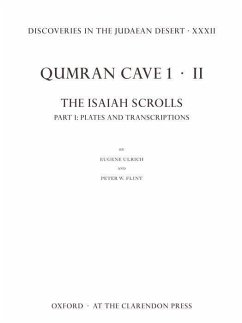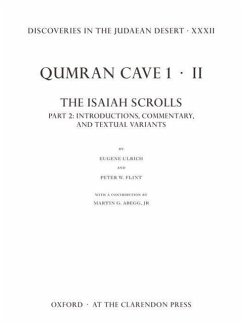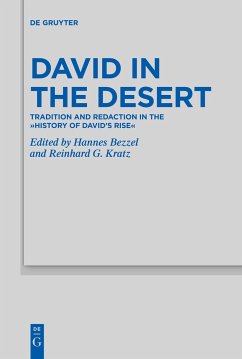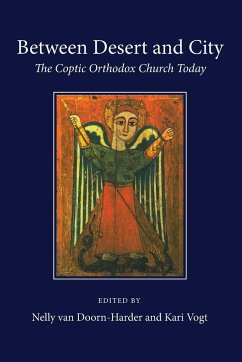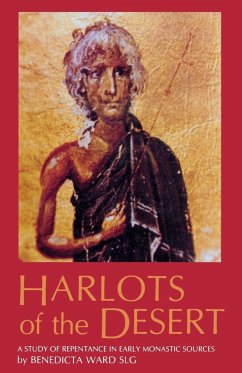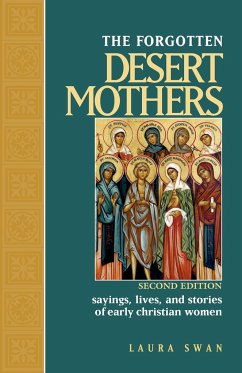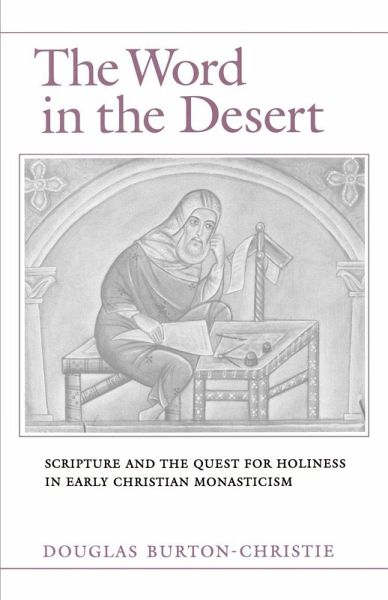
The Word in the Desert
Scripture and the Quest for Holiness in Early Christian Monasticism
Versandkostenfrei!
Versandfertig in 1-2 Wochen
55,99 €
inkl. MwSt.
Weitere Ausgaben:

PAYBACK Punkte
28 °P sammeln!
The growing scholarly attention in recent years to the religious world of late antiquity has focused new attention on the quest for holiness by the strange, compelling, often obscure early Christian monks known as the desert fathers. Yet until now, little attention has been given to one of the most vital dimensions of their spirituality: their astute, penetrating interpretation of Scripture. Rooted in solitude, cultivated in an atmosphere of silence, oriented toward the practical appropriation of the sacred texts, the desert fathers' hermeneutic profoundly shaped every aspect of their lives and became a significant part of their legacy. This book explores the setting within which the early monastic movement emerged, the interpretive process at the centre of the desert fathers' quest for holiness, and the intricate patterns of meaning woven into their words and their lives.
The retreat to the desert and growth of monasticism in fourth-century Egypt has long been recognized as one of the most significant moments in early Christianity. In the withdrawal to the stark solitude of the desert, a vibrant and original spirituality was born which was to wield great influence on both contemporaries and succeeding generations. Douglas Burton-Christie sheds fresh light on this early Christian ascetic movement by focusing on the way the desert saints interpret and appropriate the Scriptures. Drawing extensively on stories and sayings from the vast body of monastic literature, he shows that the Scriptures were a primary source of inspiration for the founders of early monasticism, and the shaping force in the development of a new `school' of holiness in the desert. Burton-Christie goes on to discuss how this biblical spirituality developed, what substantive issues defined its growth, what hermeneutical approaches were used in shaping it, and how it came to its mature expression. He contends that, through the use of contemporary hermeneutical categories, the 'desert hermeneutic' can become not only intelligible to the modern interpreter, but engaging and challenging as well.





